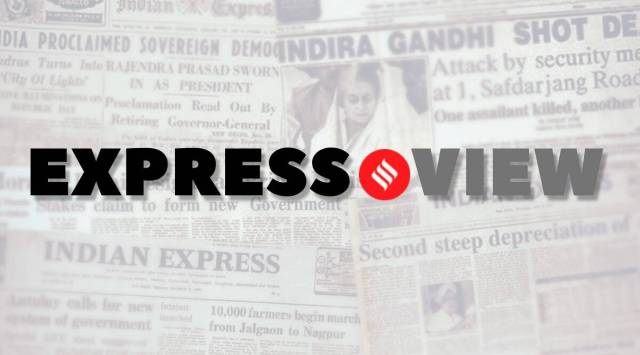
The much watched visit by External Affairs Minister S Jaishankar to Moscow has signalled that despite Delhi’s disagreement with Russia’s war in Ukraine, the long standing friendship between the two sides remains in good health. The visit has reiterated for India, Russia is an important bilateral partner. Delhi also believes Russia has a crucial role to play in global security and stability. It will participate in the “Moscow format” dialogue on Afghanistan next week. India is clear it will not link its relationship with Moscow to the “no-limits” Russia-China partnership.
The two sides demonstrated a certain comfort level in their frank exchanges about the war, with Jaishankar repeating Prime Minister Narendra Modi’s words to Russian President Vladimir Putin at Samarkand — “This era is not one of war” and his counterpart Sergei Lavrov briefing him on the “special military operation” in Ukraine. The External Affairs Minister’s remarks that the war is causing “pain” in the “Global South”, and that both Ukraine and Russia must find an end to this war through dialogue and diplomacy will find resonance across the world. Countries big and small are suffering from the energy shock that the war has delivered, neutralising their plans for economic recovery after a crippling pandemic. Delhi’s forceful message that it speaks not just for itself is timely. Next month, India will assume the presidency of the G20 for the coming year, and dealing with the economic impact of the war is likely to form a significant part of the grouping’s agenda. Jaishankar’s other message that India will support any initiative to “de-risk” the global economy and restore stability may have been less than the peacemaking purpose that was being attributed to the visit in some sections. But he was perhaps being realistic about the limits of what Delhi can do, and also seemed to be placing the onus for ending the war on the two parties, and Europe and the US.
Bilateral issues were a major part of the visit. As Lavrov noted, Russia-India trade has jumped 170 per cent over the previous year to $17 billion. Most of this comprises oil imports by India. Aside from the trade imbalance that this has created, Delhi has not yet been able to convince Moscow to accept rupee payments. Lavrov’s remarks that both sides had detailed discussions about military and technical co-operation including joint production of weaponry belie assessments that India is planning to wean off from its dependence on Russian military hardware. All this may not be what India’s western partners, including the US, want to hear. But as the External Affairs Minister put it, if it is a partnership that works to India’s advantage, it is in India’s interest to keep it going.